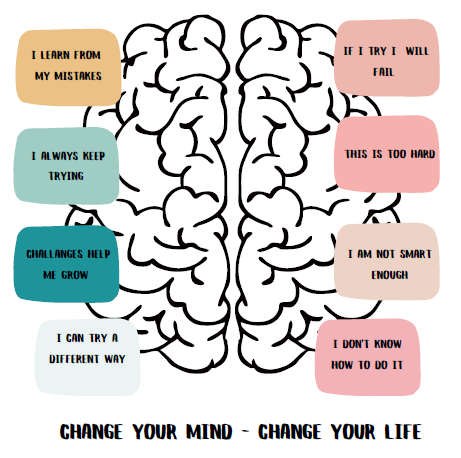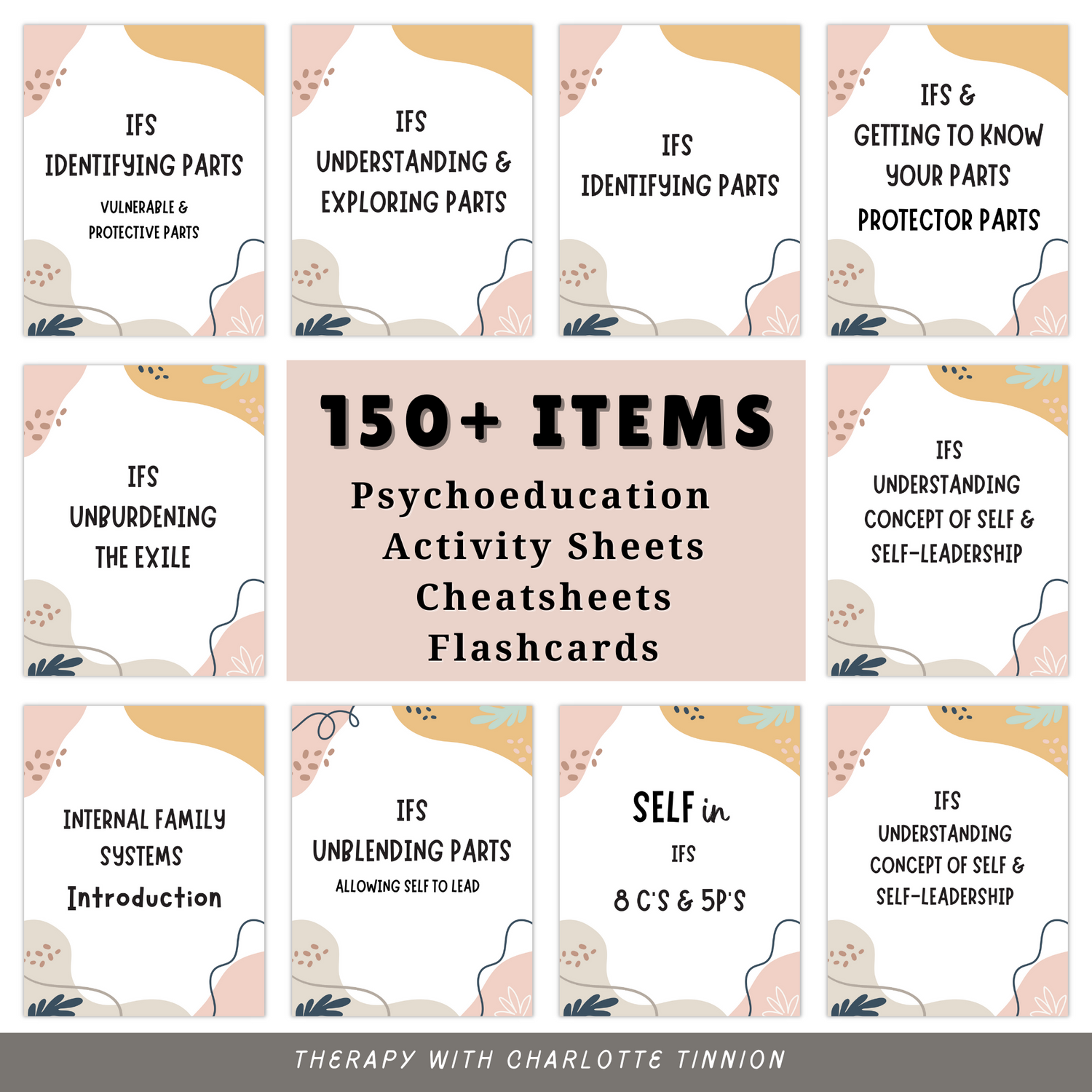
Understanding Emotional Turmoil Through DBT Therapy
Imagine standing in the eye of a storm, where every direction leads to overwhelming emotions and impulsive reactions.
This is the daily reality for many who struggle with intense emotional dysregulation—a debilitating challenge that can disrupt every aspect of life.
Yet, there is a beacon of hope through a therapy known as Dialectical Behavior Therapy (DBT).

What is DBT?
Dialectical Behavior Therapy is a highly effective type of cognitive-behavioral therapy originally developed for individuals with borderline personality disorder (BPD) who experience emotions intensely and often overwhelmingly.
DBT is grounded in the principle that while accepting oneself fully, change is not only possible but essential for living a fulfilling life. It helps individuals learn to manage their emotions, cope with stress, and improve relationships through a structured therapeutic approach.
Why is DBT Different?
DBT stands out because it combines traditional cognitive-behavioral techniques with a focus on emotional and social aspects. At its core, DBT emphasizes validation, or acceptance of the uncomfortable emotions and behaviors individuals experience.
Unlike standard CBT, which primarily focuses on changing unhelpful thoughts and behaviors, DBT acknowledges and validates these feelings as real and understandable before guiding individuals towards healing.
This dual approach—acceptance paired with change—equips individuals with the tools to manage their emotions effectively while simultaneously improving their lives.

The Core of DBT: The Four Modules
Dialectical Behavior Therapy is structured around four fundamental modules, each designed to address specific aspects of emotional and interpersonal challenges.
These modules are not only sequential but are interlinked, providing a comprehensive toolkit for managing intense emotions and improving relationships.
-
Mindfulness:
- Distress Tolerance:
Life inevitably involves pain and stress, and the ability to tolerate distress without resorting to self-destructive behaviors is crucial. Distress tolerance skills empower individuals to accept and bear pain skillfully.
These techniques include distraction, self-soothing, and improving the moment, among others, which help individuals navigate through crises without exacerbating the situation.
- Emotional Regulation:
Emotional regulation skills are aimed at reducing the frequency and intensity of overwhelming emotions.
This module focuses on identifying and labeling emotions, increasing positive emotional events, and applying mindfulness to current emotions. By learning to regulate their emotions, individuals can approach life’s challenges with a more balanced and proactive mindset.
-
Interpersonal Effectiveness:
Skills taught include effective communication, assertiveness training, and conflict resolution. These tools ensure that individuals can advocate for their needs, set healthy boundaries, and build rewarding relationships.
Beyond Therapy: Putting DBT Skills into Action
DBT skills are not just theoretical—they're practical tools designed to be integrated into everyday life, empowering individuals to manage emotions and navigate interpersonal situations effectively.
Here’s how you can apply these skills in real-life scenarios:
Real-Life Examples:
- Handling Immediate Crises
Imagine feeling overwhelmed by the urge to self-harm. By applying distress tolerance techniques such as self-soothing through music or engaging in intense physical activity, you can manage these intense emotions safely until they pass.
- Managing Emotional Spikes in Relationships
If a conversation with a loved one triggers intense emotions, use mindfulness techniques to observe your feelings without reaction. Then, apply interpersonal effectiveness skills to communicate your needs clearly without escalating the conflict.

Building a Support System:
Creating a supportive environment is crucial for anyone working to overcome emotional difficulties. This can include:
- Joining DBT Skills Groups
Participating in structured group settings where you can learn and practice DBT skills with others who understand your experiences can be incredibly supportive.
- Involving Trusted Friends and Family
Educate close ones about the DBT techniques you're implementing so they can support you in your journey. This might involve them helping you remember to use your skills when they see you struggling.
Challenges and Setbacks
It’s important to acknowledge that the road to recovery can be bumpy. Challenges and setbacks are a normal part of the journey. Encountering a setback does not mean failure; rather, it's an opportunity to learn and grow stronger. Keep persisting, and use the setbacks as a means to refine and adapt your skills.
Taking Control and Finding Balance
DBT offers a powerful set of tools for those looking to find balance and enhance their quality of life. It's not just about managing symptoms but about building a life worth living—filled with meaningful relationships and purposeful actions.
Recap the Benefits of DBT:
- DBT provides strategies for managing intense emotions, improving relationships, and living more mindfully.
- Those who engage fully with DBT often experience significant improvements in their mental health and overall quality of life.
If this approach resonates with you and you're seeking change, consider reaching out to a trained DBT therapist. Explore directories and resources that can connect you with professionals skilled in delivering comprehensive DBT. Commit to the therapy process, and open yourself up to the transformative possibilities of DBT.
Words of Hope
Remember, no matter how difficult things may seem, DBT offers a path forward. With commitment, practice, and support, you can harness the skills to navigate even the toughest emotions and situations. Embrace the journey, and trust in your ability to grow and thrive.
Explore our DBT Collection Here.

